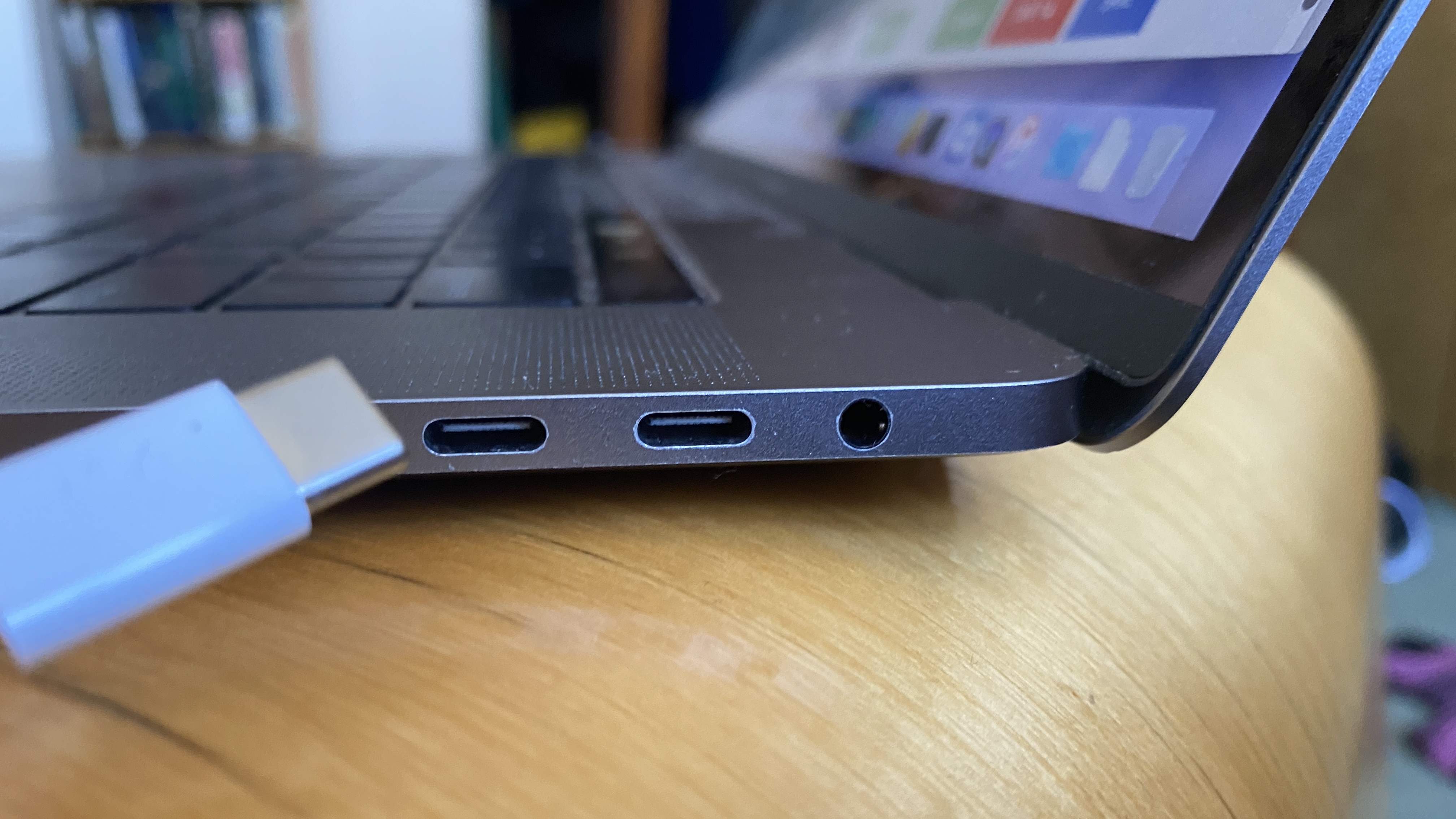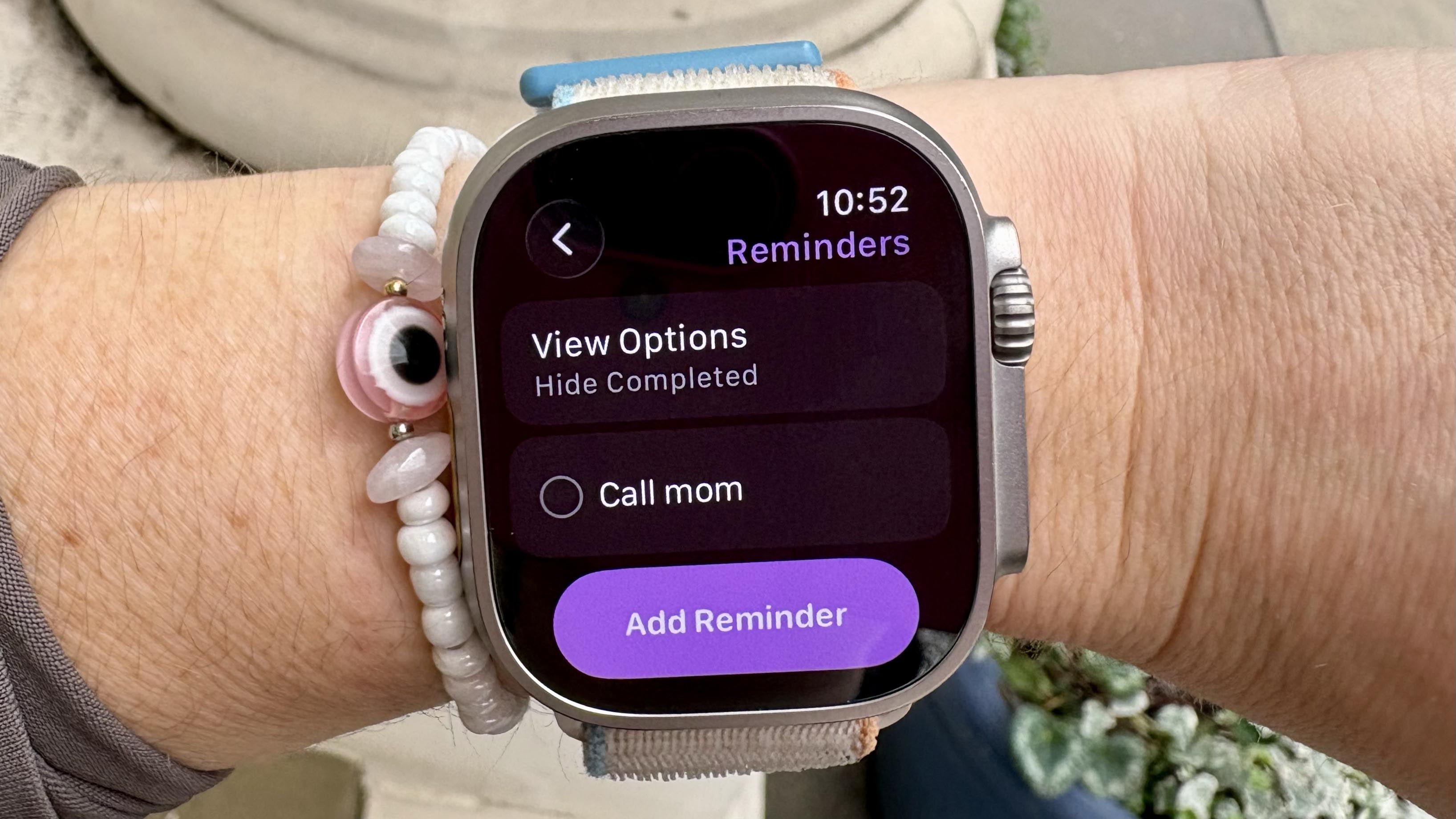You might be charging your MacBook wrong: What you need to know
Charging your MacBook Pro the wrong way could lead to poor performance

Charging a modern MacBook seems easy: you just plug a USB-C cable into one of its Thunderbolt 3 ports, and then go about your business. But a new claim spreading online says it's not that simple.
Over at the tech forum StackExchange, users are reporting an issue with MacBook Pros that creates a demanding background process that renders MacBook Pros "effectively unusable." And it's being connected to which side of your computer that you plug your charging cable in.
- The best laptops you can buy now
- Check out our MacBook Pro 16-inch review
The right side to charge your MacBook Pro on
While choosing the right ports of the MacBook Pro seems like a pretty simple decision, this story gets pretty technical. This all started back in 2019, when forum poster Adam asked if anyone knew about a system process called kernel_task, which was taking 494.3% (yes, you read that right) of his system's resources.
Adam said that restarting didn't help, that kernel_task reemerged no matter what. Days later, Adam brought back a lot of data based on testing, and warned folks that if "your MacBook Pro runs hot" or gets the demanding kernel_task process, they should "try charging on the right and not on the left."
For less technically savvy folks, the news here is that if your MacBook Pro has USB-C ports on both sides, charge on the right and not the left. That's especially important if your MacBook Pro gets really hot.
What's wrong with the MacBook Pro's left ports?
Adam says the demanding kernel_task seems to be tied to situations in which the MacBook Pro has "high chassis temperature caused by charging," which he says has to do with left-side Thunderbolt port usage.
Adam tested the MacBook Pro out in various situations with different accessories plugged in, including a USB-C hub with a mouse, keyboard and power, as well as a USB-C HDMI 2.0 adapter. When both were plugged into the left side, the temperature rose and the demanding kernel_task process emerged to wreak havoc. When those accessories were moved to the right, the temperature dropped and kernel_task went away.
Get instant access to breaking news, the hottest reviews, great deals and helpful tips.
While these posts originally went up in 2019, they've recently circulated in the tech press. Other StackExchange commenters replied with similar issues, so we hope Apple figures out a solution to this problem soon.

Henry was a managing editor at Tom’s Guide covering streaming media, laptops and all things Apple, reviewing devices and services for the past seven years. Prior to joining Tom's Guide, he reviewed software and hardware for TechRadar Pro, and interviewed artists for Patek Philippe International Magazine. He's also covered the wild world of professional wrestling for Cageside Seats, interviewing athletes and other industry veterans.
 Club Benefits
Club Benefits





